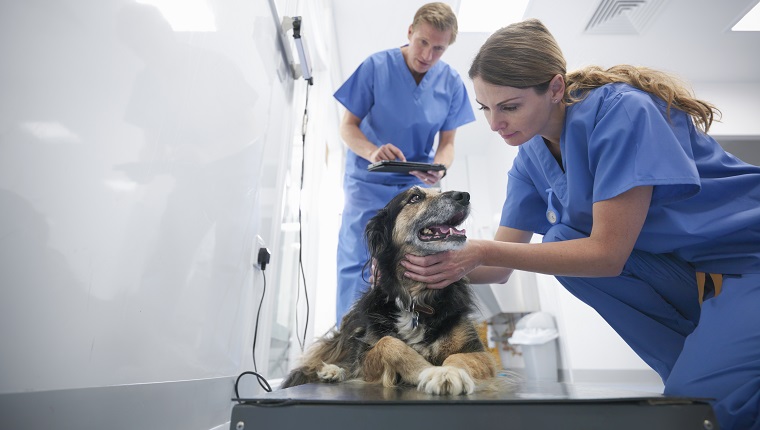Paraneoplastic syndromes in dogs, sometimes shortened to PNS, refers to a number of issues that can develop in tissues that are situated close by a tumor. They’re caused by secretions produced by the tumor in question.
These syndromes can produce a sizable range of symptoms that will depend on the exact underlying cause of the condition.
If you see signs that your…









